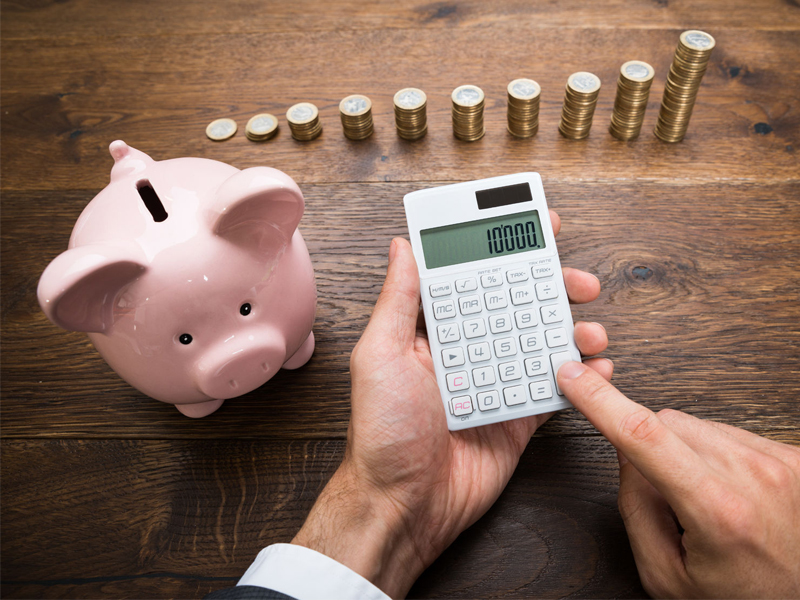
The annual pace of inflation edged higher in February as gains in most spending categories offset lower gasoline prices, Statistics Canada said Friday.
Statistics Canada reported the consumer price index (CPI) in February climbed 1.5% compared with a year ago. The move compared with a year-over-over increase of 1.4% in January.
Helping push costs higher was a 8.1% increase in mortgage interest costs and a 14.3% rise compared with a year ago in the cost of fresh vegetables. The cost of passenger vehicle insurance premiums also rose 6.3%.
The cost of gasoline was down 11.9% compared with the same month last year as overall energy prices slipped 5.7%.
However, Statistics Canada said tighter oil supplies and the temporary closure of several refineries for seasonal maintenance helped boost gasoline prices 1.9% compared with January, the first month-over-month increase in gasoline since July 2018.
Excluding gasoline, the annual pace of inflation held steady at 2.1%, the same as January.
The report also said the average of the Bank of Canada’s three core inflation readings, which omit more volatile items like gas, edged down to 1.8% compared with a reading of 1.9% in January.
That was in line with estimates compiled by Thomson Reuters Eikon.
The central bank, which aims to keep inflation between 1% and 3%, sets its benchmark interest rate target as a way to manage the pace of inflation. The Bank of Canada held its key rate target at 1.75% at its rate announcement earlier this month when it also raised concerns about the strength of economic growth to start the year.
In a report, James Marple, TD senior economist, said the slight firming in inflation for the month does little to change the broader picture of price growth that is neither too hot nor cold. Inflation’s relative stability means no monetary policy action is required. “If anything, the slight move down in the CPI-common measure reinforces the view that the Bank of Canada is likely to remain on hold (perhaps) indefinitely,” Marple said.
Retail sales fall
In a separate report, Statistics Canada reported Friday that retail sales fell 0.3% to $50.1 billion in January, the third consecutive move lower as falling sales at motor vehicle and parts dealers weighed on the results.
Analysts had estimated a month-over-month increase of 0.4%, according to Thomson Reuters Eikon.
Sales at motor vehicle and parts dealers fell 1.5% in January due to a 2.4% drop in sales at new car dealers and a 2.7% drop at used car dealers. Excluding the subsector, retail sales increased 0.1%.
Retail sales in volume terms were essentially unchanged in January.
In emailed commentary, CIBC chief economist Avery Shenfeld described the retail sales report as “the first disappointing figure for January GDP.”
The weak retail figure is “a bit more dovish than any hawkish tilt from the headline CPI,” he said.